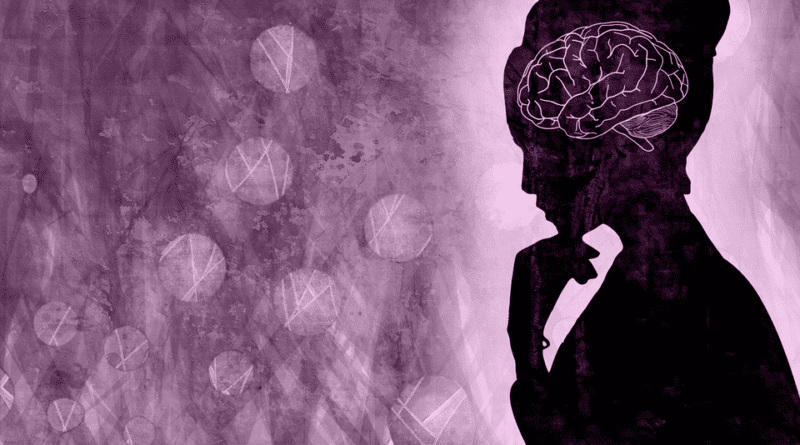3 Critical Thinking Exercises
[Please note that this page contains affiliate links. If you choose to purchase after clicking a link, I may receive a commission at no extra cost to you.]
If this is the first critical thinking exercise you have found, make sure, to begin with, the first exercise posted and continue to follow it sequentially. Remember, when we’re given chances to contemplate our thinking, we’re tapping into our metacognitive processes, which is the part of the brain where critical thinking is found.
The following exercises may help improve critical thinking.
Critical Thinking Exercise 1
An ill-structured issue is a problem that has no final or correct solution. There could be multiple right solutions. There could be various wrong solutions. Consider an ill-structured issue that you have experienced in your recent past.
- Think of your solution to this issue and identify three or more reasons you chose this one.
- Did the solution work?
- Were the reasons good enough to permit the application of your solution?
- If it did not work, think about why it did not work out.
Critical Thinking Exercise 2
After a couple of days of thinking about your ideas from Activity 1, come back to it and re-think three other solutions that could’ve been applied.
- Would they have worked?
- If they had, would they have worked better than what you did?
- If it is better, why is it better? Tell yourself why you did not apply any of these other alternatives.
Be sure to exemplify and consider all the solutions in terms of the results each one may suggest. Consider your reasoning and how you assessed your situation— potential solutions, the problem, and sub-problems.
- Were there any biases regarding your problem-solving?
Critical Thinking Exercise 3
In the first set of exercises, you were asked to think of things that you were supposed to be accurate, as well as a list you thought to be incorrect without having any research-based evidence.
You then asked yourself if there was anything to gain from continuing to think or disbelieve any of the things you had identified previously.
You are asked to consider beliefs as you reflect on the critical thinking exercise.
- Was your mind changed about any of them?
- If it was, what changed your mind?
- Did you look for and find any objective scientific evidence?
- If you didn’t, why did you not look for any evidence?
- Did any biased play a role in your decision-making?
Be sure to engage in intellectual honesty within yourself throughout this reflection.


